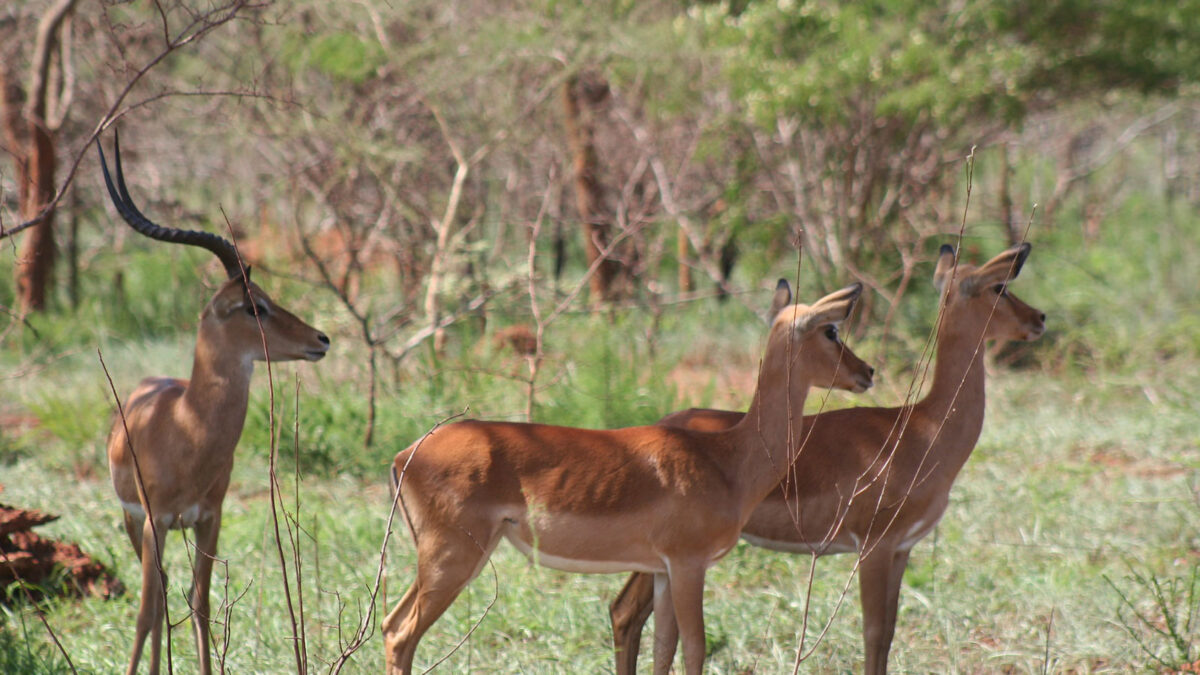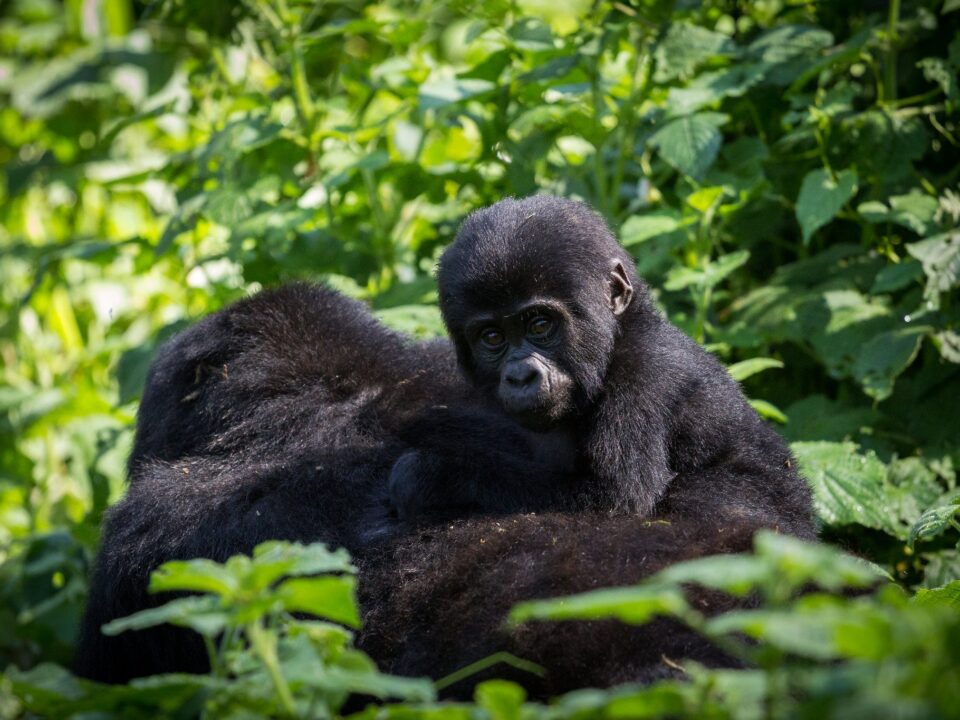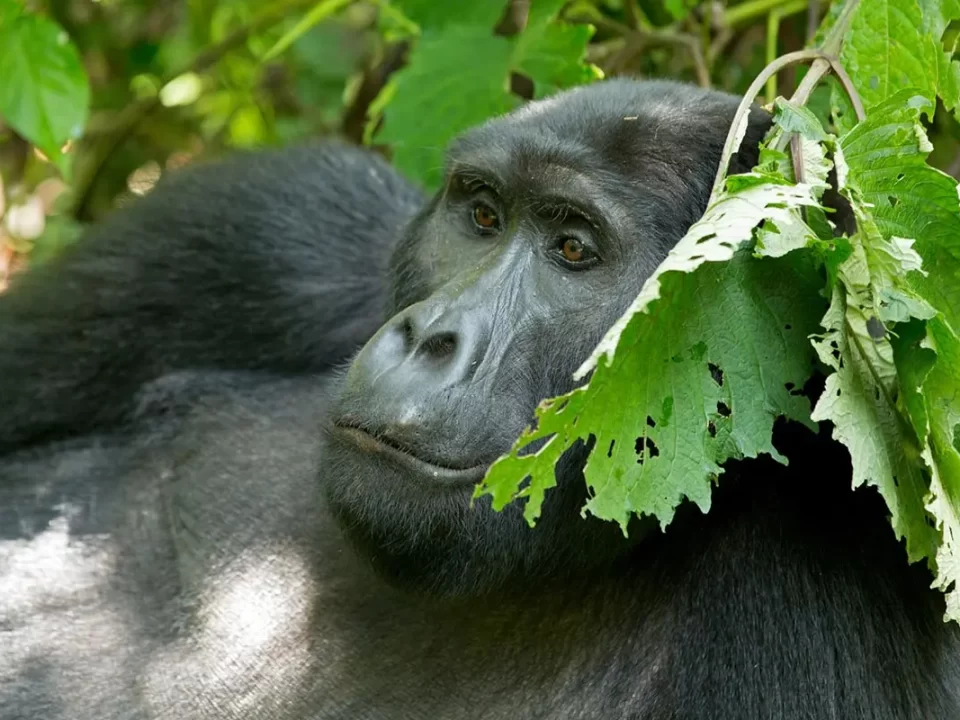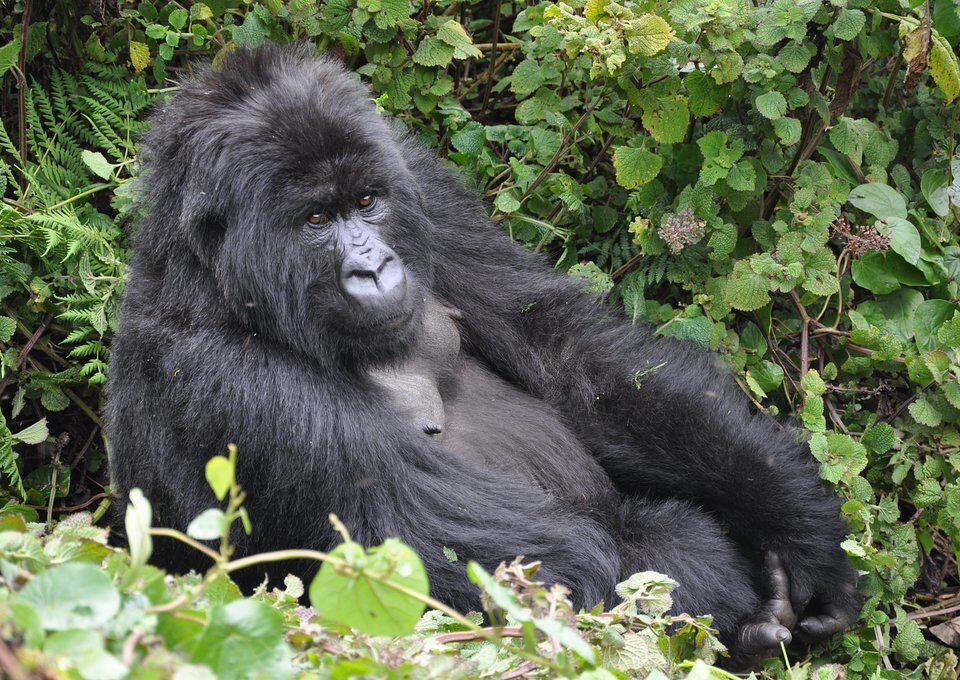What to Expect on Safari in Rwanda?

Best Family safaris in Africa
March 6, 2024
What to Expect on African Safari?
March 6, 2024Insider’s Guide to Safari in Rwanda – What to Expect on Safari in Rwanda?
What to Expect on Safari in Rwanda? — Embarking on a safari in Rwanda promises a kaleidoscope of experiences, with its crown jewel being the renowned Gorilla trekking in the Virunga Mountains. Renowned for Dian Fossey’s groundbreaking research on mountain gorillas in the 1960s, Rwanda has evolved into a multifaceted destination, extending beyond Gorilla trekking. Even if Gorilla trekking is beyond your budget, Rwanda beckons with enticing options, including primate walks, volcano hikes, bird-watching in Volcanoes National Park, Nyungwe Forest National Park, boat trips on Lake Kivu, and classic safaris in Akagera National Park.
Known as the “land of a thousand hills,” Rwanda has undergone a remarkable transformation from a nation scarred by a devastating genocide to a beacon of hope, peace, and effective governance in Africa. Kigali, the capital, boasts orderly city streets, five-star hotels, and excellent road networks. The countryside unfolds with picturesque rolling hills and verdant plantations. The second-largest city, Butare, dubbed “the intellectual capital of Rwanda,” hosts significant institutions like the National University of Rwanda and the national museum. The country’s prosperity has surged with strides in industrialization, agricultural modernization, mining, and tourism.
Volcanoes National Park: The Gorilla Haven
Nestled within the Virunga mountain ranges, Volcanoes National Park shelters around 400 mountain gorillas and 10 habituated gorilla families. The park’s thick forests and mountainous terrain set the stage for adventurous Gorilla tracking. Dian Fossey’s legacy endures here, and visitors can explore her former research station and grave. Beyond Gorilla tracking, the park unfolds with forest elephants, forest hogs, Golden monkeys, buffalo, diverse bird species, and butterflies. Hiking enthusiasts can conquer the park’s volcanoes like Bisoke, Sabyinyo, and Karisimbi, enhancing the adventure.
Nyungwe Forest National Park: A Biodiversity Haven
Nyungwe Forest National Park stands as a biodiversity hotspot, boasting over 1000 plant species. After the Gorilla encounter, Nyungwe Forest becomes an ideal destination for chimpanzee tracking. With over 240 bird species, including the iconic shoebill storks, the park becomes a paradise for bird enthusiasts. Baboons, golden monkeys, colobus monkeys, blue monkeys, and other primates add to the forest’s allure. The Nyungwe forest canopy walk is a must for bird lovers and those on a quest to track chimpanzees.
Akagera National Park: Safari Wonderland
For a classic safari experience, Akagera National Park takes the spotlight. Covering over 1000 square kilometers of savannah, the park offers a landscape akin to Kenya, Tanzania, and Uganda. Close to Kigali, the park’s numerous water points attract a rich collection of African mammals. Game drives in Akagera unveil hyenas, jackals, antelopes, giraffes, baboons, zebras, buffalos, leopards, and elephants. The introduction of lions and black rhinos completes the Big Five ensemble. Bird watchers can delight in spotting over 500 species during a 3 Days Wildlife Safari in Akagera.
Gishwati Forest: A Nature Reclamation Project
Covering over 300,000 acres, Gishwati Forest presents a captivating view of Lake Kivu. Despite suffering from deforestation, efforts are underway to restore the forest to its former glory. With over 400 resident bird species, Gishwati Forest is a haven for birders, providing a striking contrast to its troubled past.
Genocide Memorial Centers: Honoring a Painful Past
To truly understand Rwanda’s progress, a visit to one of the genocide memorial centers is poignant. The sites, such as those in Kigali, bear witness to the hundreds of thousands massacred during the 1994 genocide. Nyamata church, where 50,000 victims are buried, and the Gisozi genocide war memorial site, built on the graves of over 300,000 victims, serve as solemn reminders of Rwanda’s traumatic history. Visiting these sites is an act of remembrance, paying respect to the victims and confronting the harsh reality of the past.
Embark on a safari in Rwanda, and you’ll discover a nation whose vibrant wilderness, cultural resilience, and commitment to healing weave a rich tapestry of experiences for every traveler.




